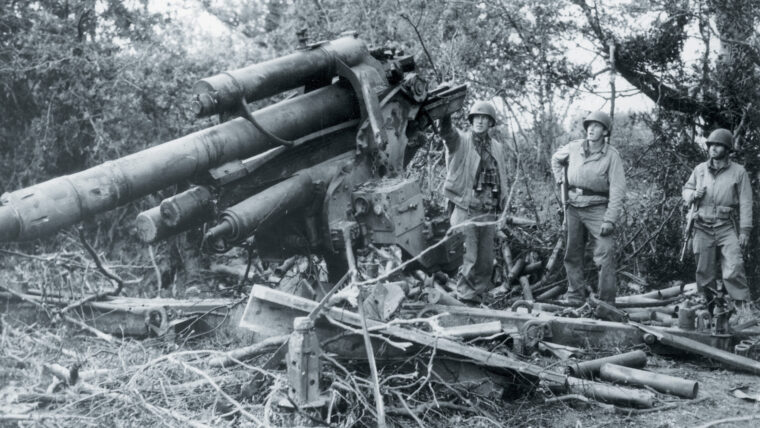
Luxembourg
Medal of Honor Recipient George Mabry
By Gerald AstorAs a captain during World War II, George Mabry, with the 4th Infantry Division, slogged ashore on Utah Beach on D-Day and led troops through the Normandy Campaign. Read more

Luxembourg
As a captain during World War II, George Mabry, with the 4th Infantry Division, slogged ashore on Utah Beach on D-Day and led troops through the Normandy Campaign. Read more
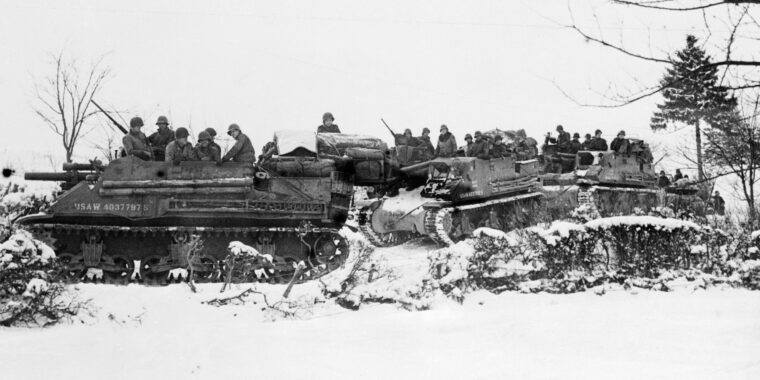
Luxembourg
Wednesday, December 27, 1944, found the military situation in the Ardennes Forest of Belgium stalemated. After 12 days of unrelenting struggle, the American and German forces on this part of the Western Front found themselves locked in brutal combat, unable to drive each other back. Read more
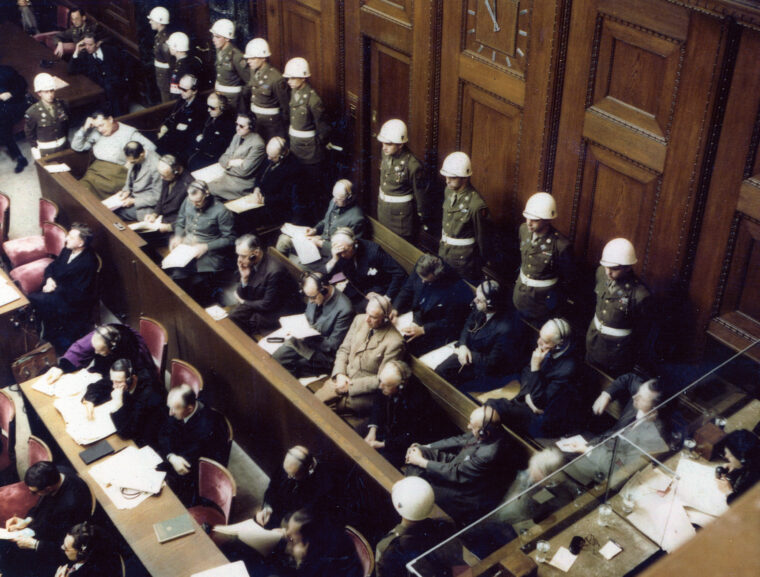
Luxembourg
Stripped of the regalia and high position of Reich Marshal in the Nazi regime and tried as a war criminal, the former Luftwaffe chief was by far the most colorful and outspoken defendant during the postwar proceedings. Read more
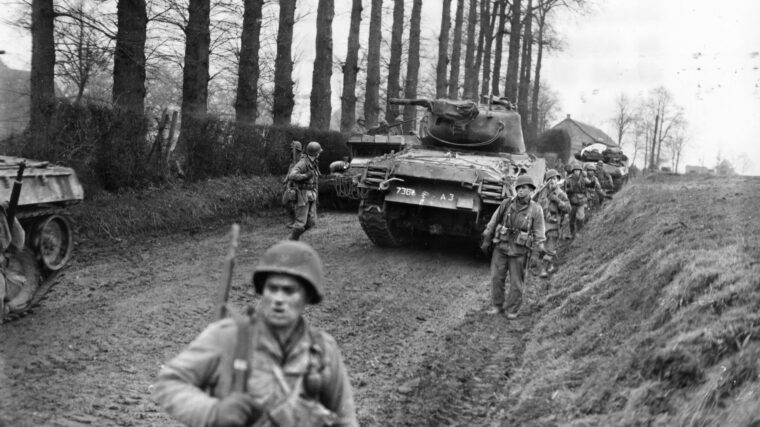
Luxembourg
The 83rd U.S. Infantry Division had been mobilized for World War I in September 1917. Its unit patch was a downward-pointing black triangle with the letters O-H-I-O stitched as an abstract gold monogram in the center. Read more

Luxembourg
They said it couldn’t be done. Doubters chided Henry Ford for declaring that his Willow Run Bomber Plant could turn out a B-24 Liberator heavy bomber every hour. Read more
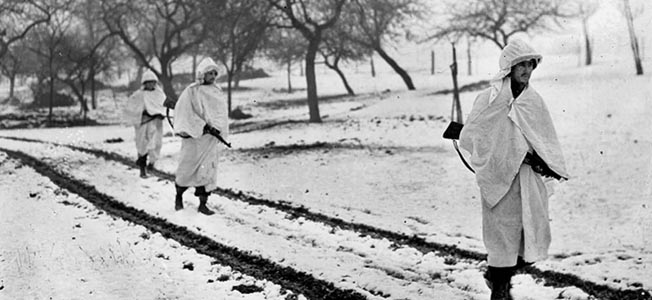
Luxembourg
By James G. Bilder
Described in one U.S. Army report as “the quiet paradise for weary troops,” the tiny nation of Luxembourg was viewed by American commanders in late 1944 much like Belgium—liberated, safe, and an ideal location for combat-worn troops to rest and for untested replacements to get exposed to outdoor living and military routine before being exposed to combat. Read more
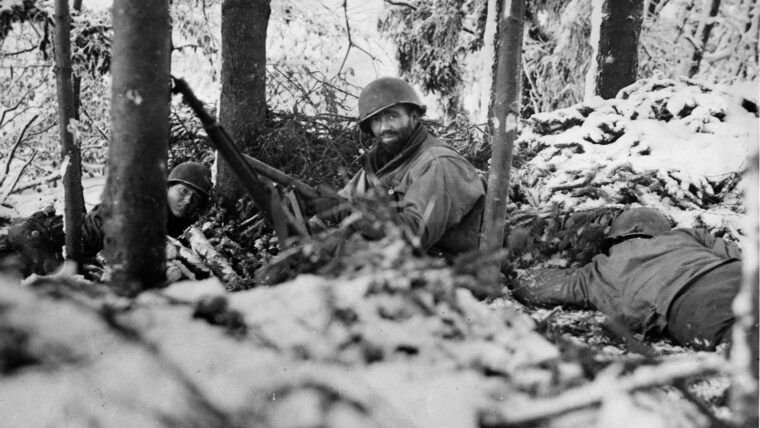
Luxembourg
First Lieutenant Tom Flynn and his fellow POWs remained locked inside their boxcar prison on a Frankfurt railroad siding on Christmas Eve, 1944, as air raid sirens wailed and bombs exploded throughout the city. Read more
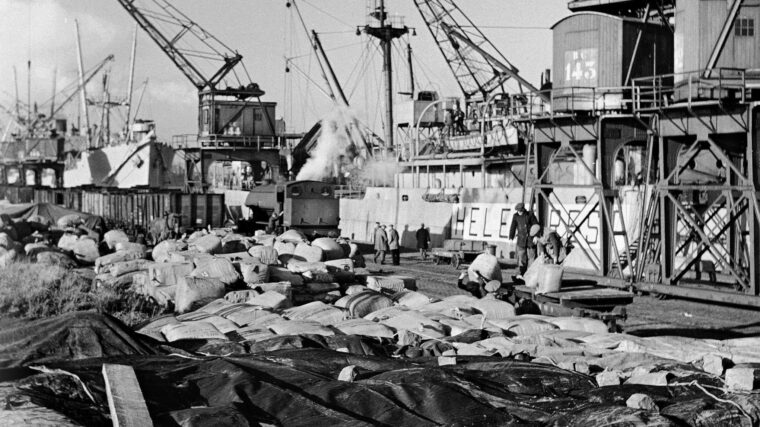
Luxembourg
After the war in Europe was won, General Dwight D. Eisenhower had many opportunities to review various campaigns with the leaders of the Soviet Army–– including even Joseph Stalin himself. Read more
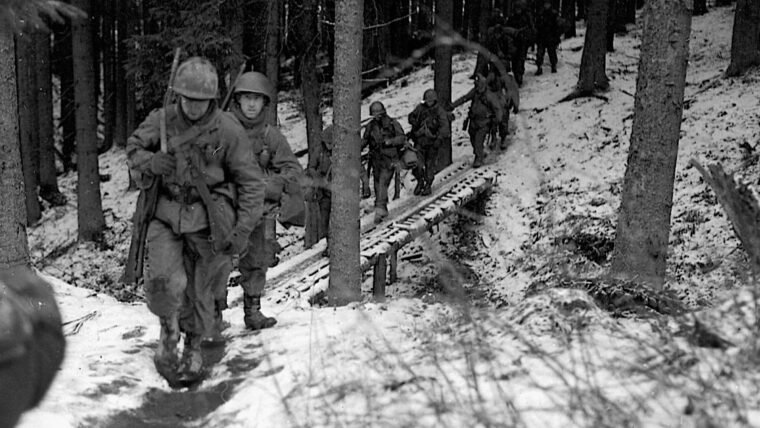
Luxembourg
BACKSTORY: Unternehmen Wacht-am-Rhein (Operation Watch on the Rhine), better known in the West as the Battle of the Bulge, had its beginnings following the failed assassination attempt on Adolf Hitler’s life by Colonel Count Claus Schenk von Stauffenberg and a group of other high-level plotters who felt that their Führer was not only leading Germany to defeat but also its doom, and thus had to be eliminated. Read more
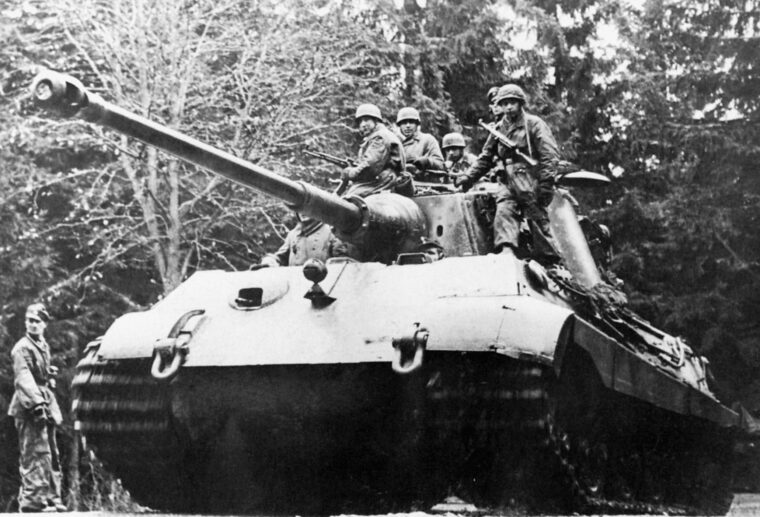
Luxembourg
When American soldiers landed in France in June 1944 as part of the great Allied crusade to liberate Europe, they were well trained, fully equipped, and brimming with confidence. Read more
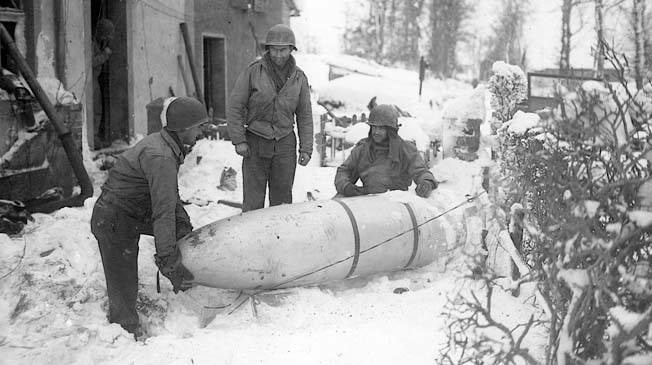
Luxembourg
Operation Stösser was launched during Germany’s last gamble: Wacht am Rhein (Operation Watch on the Rhine), Hitler’s offensive in the West which Americans know as the Battle of the Bulge, had as its ultimate objective the Belgian port of Antwerp. Read more
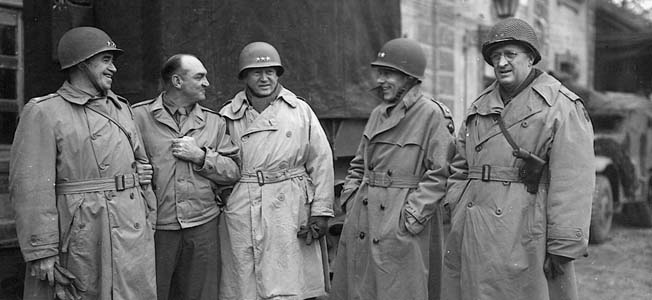
Luxembourg
When Adolf Hitler’s last major World War II offensive burst through the chill Ardennes Forest early on December 16, 1944, it scattered American frontline units and caused many anxious hours in the Allied high command. Read more
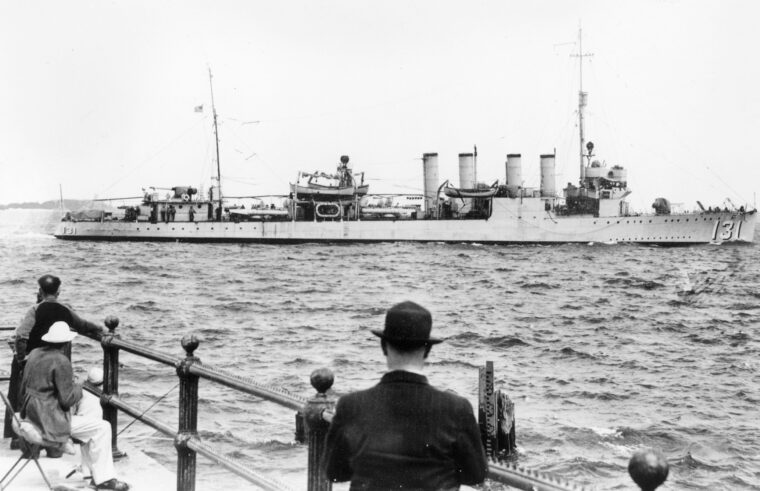
Luxembourg
In early September 1940, the world was in turmoil. The battle of Britain was nearing its climax, and elsewhere global tensions ran high. Read more
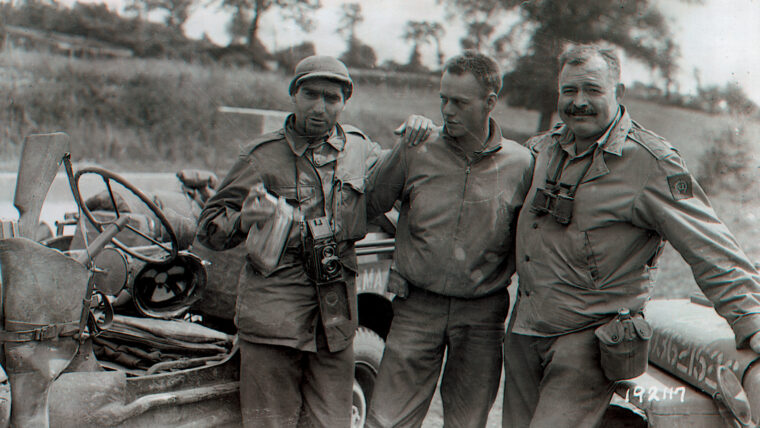
Luxembourg
When the United States entered World War II in December 1941, the nation’s most famous writer, a man who had built his reputation on gritty and intense novels about wars, soldiers, and “grace under pressure,” was nowhere to be seen—at least not on the home front. Read more
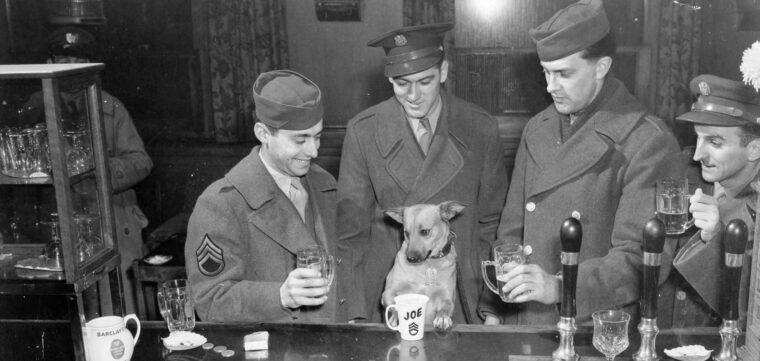
Luxembourg
American men left behind a great deal when they left home to fight a world war. They lost their identities, their families, and almost all their worldly goods, but they improvised. Read more
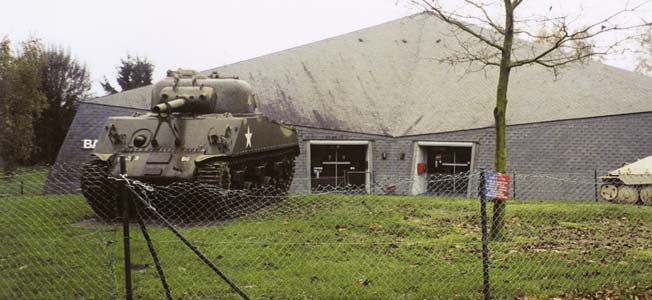
Luxembourg
The Battle of the Bulge lasted an entire month, and was fought over almost the entire Grand Duchy of Luxembourg and half of Belgium, yet finding all of the battlefields and historic sights is a bit more difficult than locating the D-day beaches. Read more
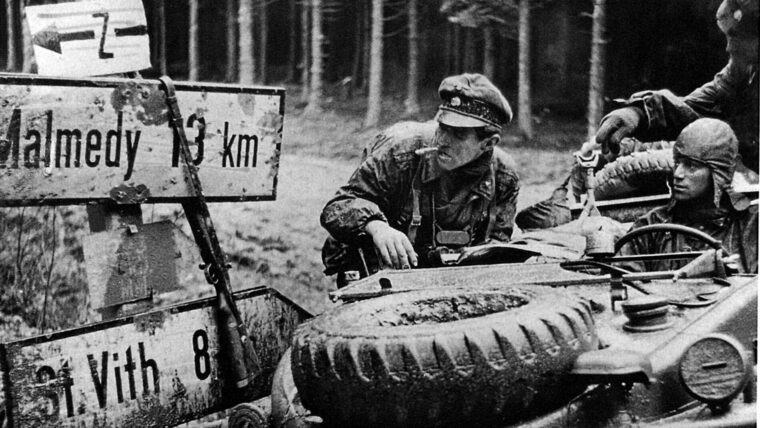
Luxembourg
In the early morning of December 16, 1944, 80-man German shock companies from the 5th Panzer Army slipped toward the American lines in the Ardennes region under the cover of heavy fog. Read more

Luxembourg
François de Neufville was born in 1644 in France, the son of Nicolas de Neufville, the Marquis of Villeroi. Read more